
As the spring semester comes to an end at the University of Massachusetts, campus safety officials are concentrating on increasing public communication with police as they wait for the assessment of the security in the residence halls done by an independent consulting firm.
Business Protection Specialists, Inc. — the firm chosen to conduct the review — visited the school during spring break and in early April. When the firm finishes their evaluation, they make recommend ways to improve security processes in residence halls. If there are changes, they will be implemented in the fall of 2013.
The University decided to conduct the review following the alleged October rape of a student by four Pittsfield men.
In the meantime, security officials at UMass are focusing on educating students, faculty and staff on how to keep the campus safe.
“Our Community Outreach Unit and members of our Patrol Division educate students, faculty and staff through programs geared toward the challenges that are presented on campus,” said Chief of UMass Police and Director of Public Safety John Horvath.
UMass spokesman Ed Blaguszewski said that the role of students is an important part of keeping campus safe.
“All of us are members of the University community. All of our health and safety is at stake and we need to look after each other and work closely with the police,” he said.
In light of the recent bombings in Boston, Blaguszewski emphasized the importance of a flow of communication.
“There will never be enough police and security guards at any particular event or any particular site,” he said.
As a way to improve the communication between students and safety officials UMPD is working to implement a Residence Liaison Officer (RLO) Program. The program partners specific police officers to specific members of all 45 residence halls as well as the North Village Apartments and Lincoln Apartments.
“These partnerships will result in increased collaboration, improved communication and a dedication to problem-solving for long-term, sustainable solutions,” Horvath said.
The chief said visibility and familiarity are two essential components of the RLO Program.
“The assignment of specific officers to specific residence halls results in enhanced accountability, responsiveness and follow-up,” he said.
In addition to this program, Horvath said that the police department is exploring different methods of improving communication through using technology.
“We will be updating our department website which should increase interest [and] awareness, and afford us the opportunity to develop new collaborations,” he said. “We look forward to the future of our technology-enhanced programs and how they will benefit the students of UMass.”
Blaguszewski said all of the new programs and safety measures are working towards a single goal of making sure that UMass stays safe and welcoming for new and current students.
“Our continual challenge is to integrate people into our community, to set standards of behavior, to make the expectations clear, to make the penalties clear and to continually work of providing a good environment so people understand what’s expected of them,” he said.
Anna Jolliffe can be reached at [email protected].


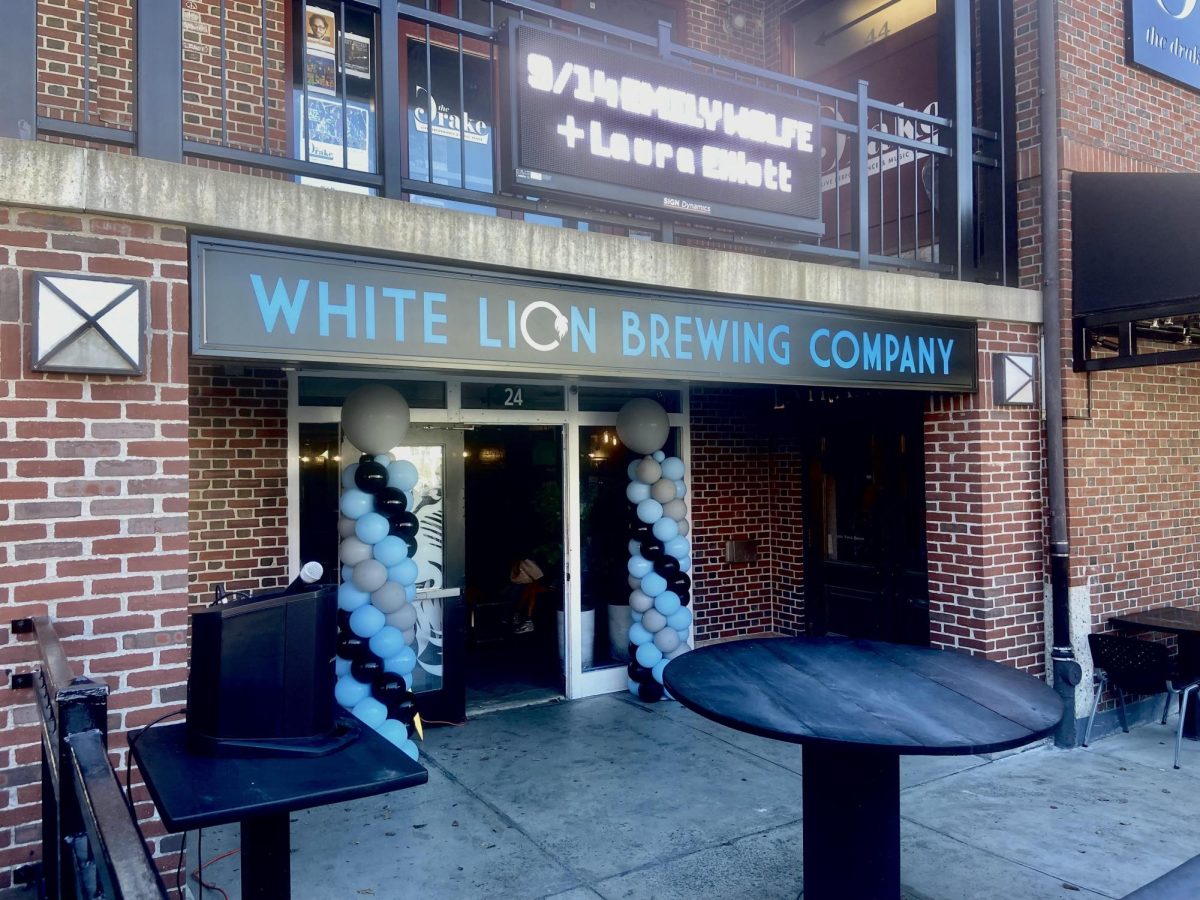


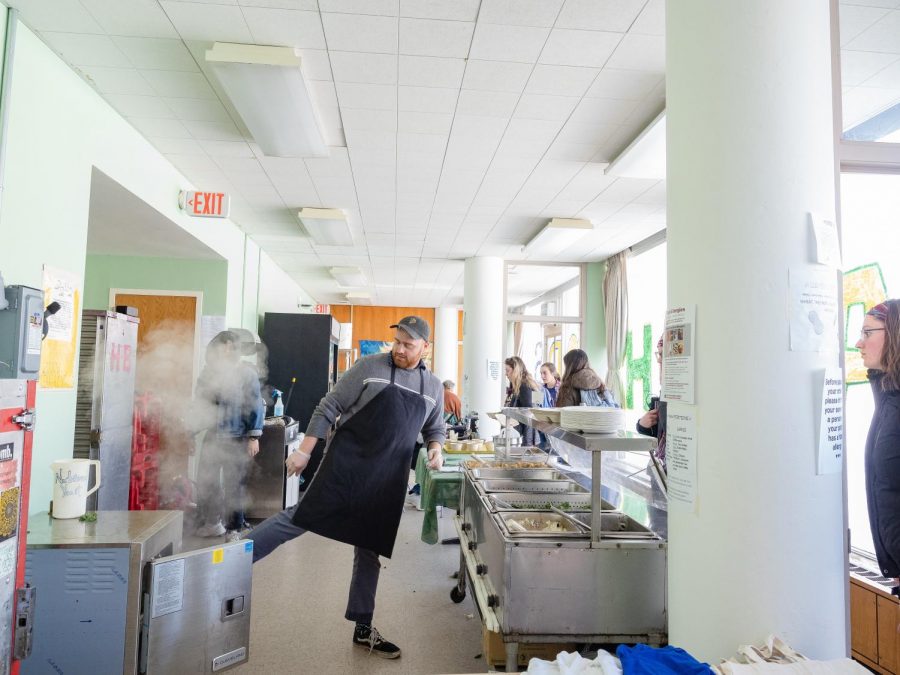






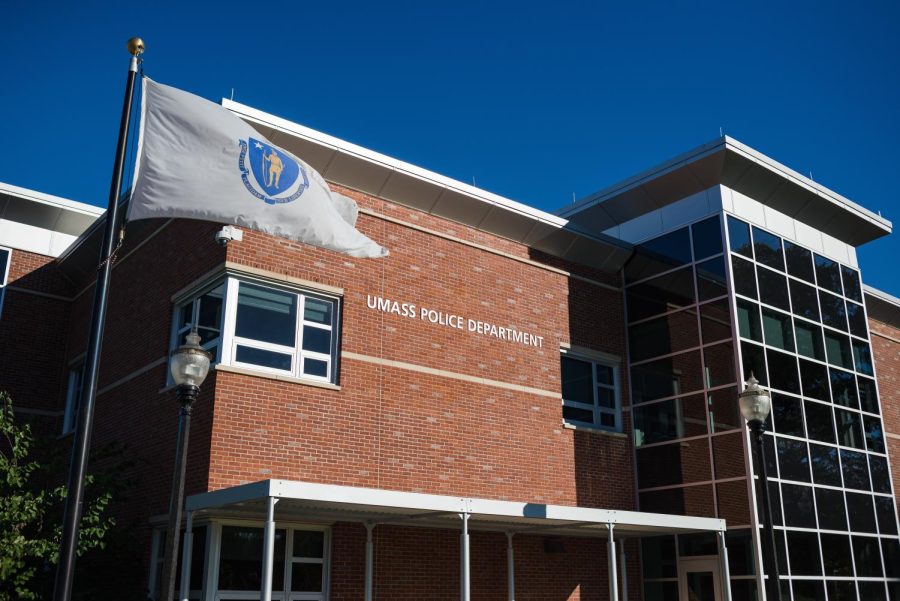
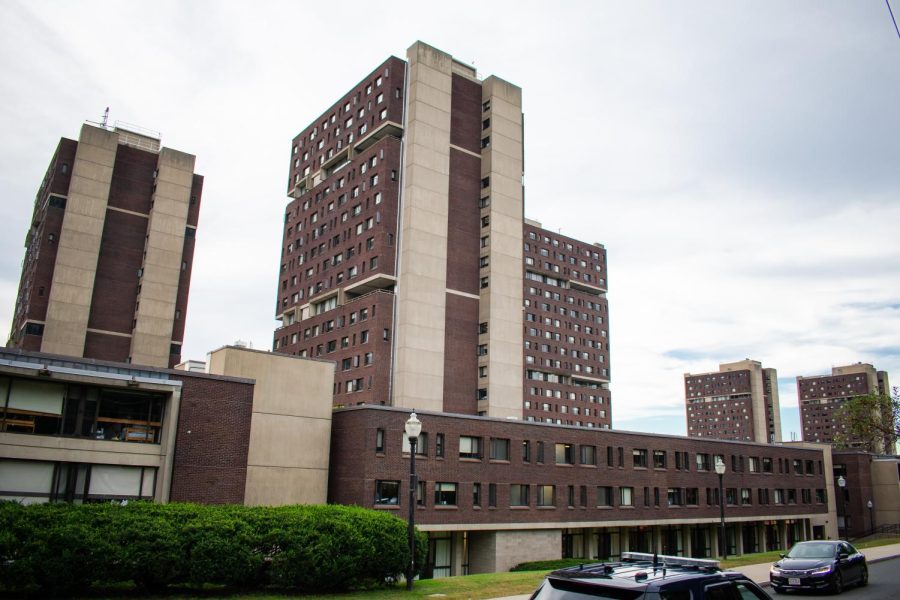

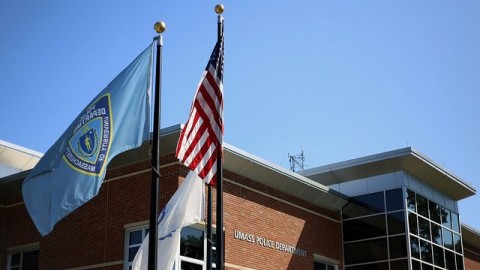
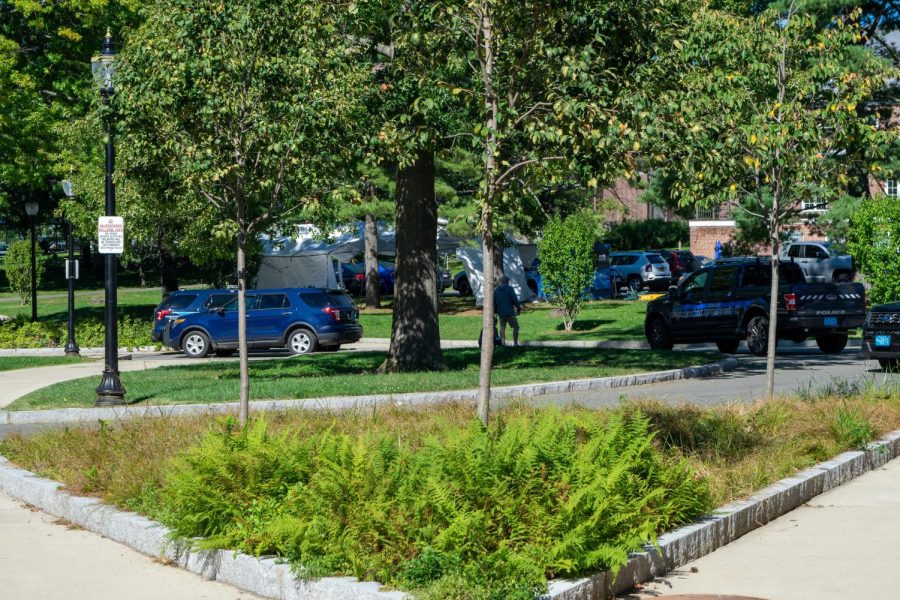
Anonymous • Apr 25, 2013 at 3:09 pm
Why is no one mentioning this academic year’s 733% increase in involuntary psych commitments? And folks will remember that UM was vague about how & when they learned that the woman had been raped last October — and did UM learn this before or after they hauled her off to the psych ward? It is a documented fact that *a* female student was taken, and rumored both that it was the rape victim *and* that it was the psych ward, not UMass, which learned of the rapes. Its rumored that UM didn’t believe she had been raped, but the hospital found the medical evidence that she, in fact, had been…
Serious questions do need to be asked — lots of questions are quietly being asked and an intrepid reporter need only pull a few loose thread before a whole lot of stuff comes out into the open.